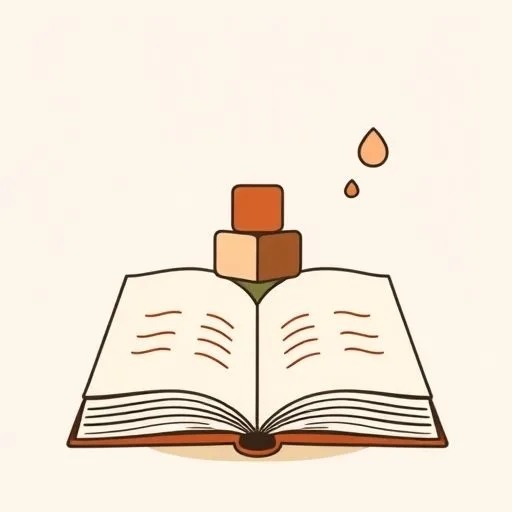
That rainy afternoon walk home from school – shoes splashing puddles, backpacks bouncing – took an unexpected turn when her curious voice cut through the drizzle. “Appa, will robots take my teacher’s job?” Her eyes held that beautiful mixture of childhood wonder and quiet concern that makes your heart squeeze. Just 100 meters from the gate to the playground, our stroll feels like a mini adventure before the evening rush. In that moment, balancing honest reassurance with wide-eyed possibility became our newest parenting tightrope walk. Let’s grab our emotional umbrellas and explore this downpour of change together!
Why Do Helping Hands Beat AI Algorithms?
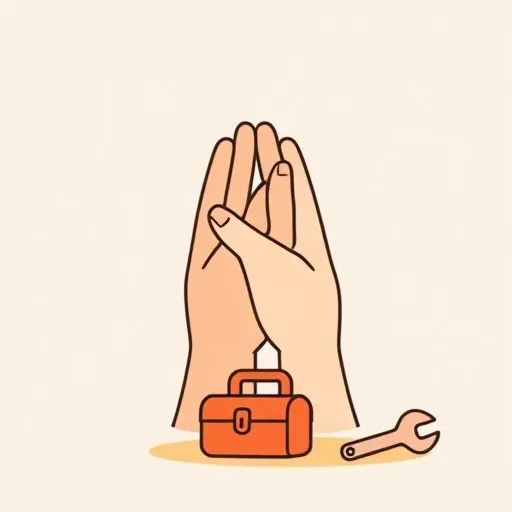
Remember last winter when our kitchen pipe burst? Water everywhere, panic rising – until Mr. Kim arrived with his toolbox and decades of experience. As I watched him instinctively sense the leak before water even hit the floor, I realized something profound: His job wasn’t just about twisting pipes. It was about intuition, spatial wizardry, and the quiet confidence that calms a frantic family. These skilled trades are becoming modern-day superpowers in our AI era.
This week, building LEGO towers together took on new meaning. “See how each piece connects?” I asked as she balanced precarious blocks. “Some future-proof jobs are like this – understanding how real-world things fit, feel, and function. No computer can replace hands that heal, build, or create.” Her eyes lit up imagining herself as an architect or mechanic, the physical world her playground rather than a screen.
Ever wondered if a robot could really read your child’s feelings?
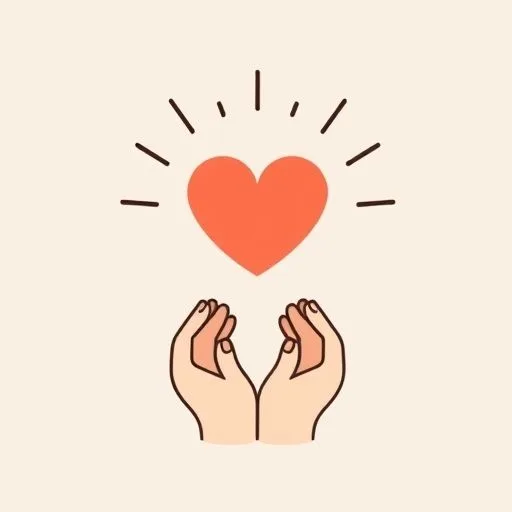
Think about Nurse Park at our local clinic – how her warm smile eases fears before she even touches the thermometer. Or Teacher Lee who somehow senses unspoken worries behind a child’s downcast eyes. These roles thrive on something no algorithm can replicate: emotional alchemy.
Over kimchi fried rice one night, we asked about her recent school play mishap. Mid-performance, she froze – until Teacher Lee’s subtle nod reignited her courage. Afterwards, I asked what helped more: weeks of rehearsal or that backstage smile? “Umma’s hugs and Teacher Lee’s eyes,” she declared. Exactly. The irreplaceable human spark in our AI world!
These professions aren’t just safe – they’re becoming our society’s emotional infrastructure. The therapists helping us navigate digital overwhelm – one essential human skill at a time. The caregivers tending to aging parents with dignity. The teachers shaping not just minds but hearts.
Why Are Human Skills Like Repairing Music Boxes AI-Proof?
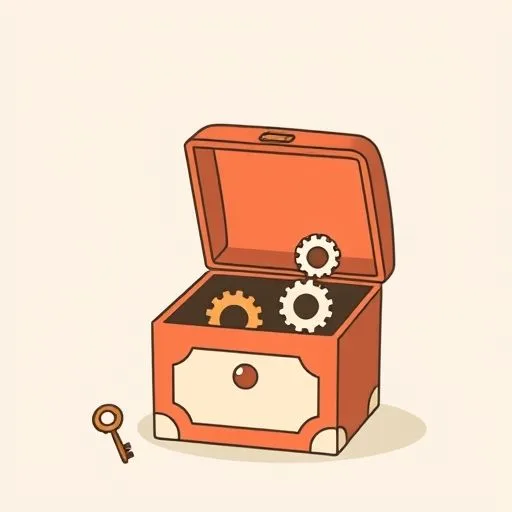
When research revealed that women face higher AI job risks globally – nearly twice as vulnerable in some fields – my parental radar started blaring. Why? Many female-dominated roles involve undervalued emotional labor: customer service, administrative support, certain healthcare positions. The very human skills society takes for granted now face technological disruption.
This explains why our dinner conversations now include new questions: “What makes your heart happy when helping friends?” or “Remember how you comforted Grandfather last week? That’s your superpower – an irreplaceable skill!” We’re planting seeds early – helping her recognize and cultivate these uniquely human strengths.
How Can Playtime Build Future-Proof Human Skills?

Forget coding bootcamps (unless she loves them!). We’re doubling down on developing these human skills foundations:
1. The Empathy Gym: Role-playing different perspectives during play – “How might the shopkeeper feel when counting change? What worries might Grandma’s nurse have today?”
2. Failure Festivals: Celebrating spilled milk and toppled block towers as problem-solving practice. “The plumber didn’t fix our leak on the first try either! What’s Plan B?”
3. Analog Adventures: Saturday scavenger hunts where GPS is forbidden, relying instead on neighborly directions and observational magic – essential human skills.
Could AI Actually Amplify Our Human Potential?
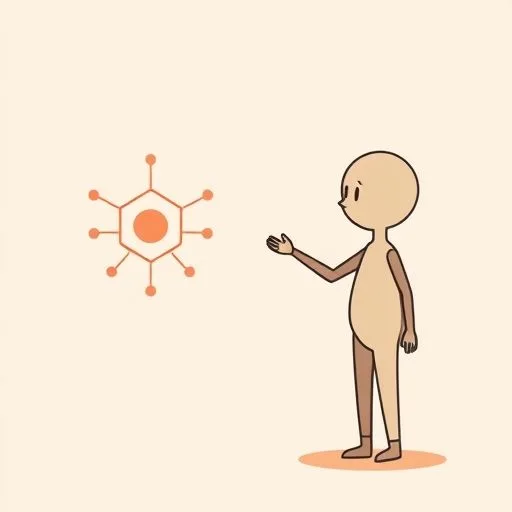
Here’s the thrilling truth emerging from interviews with experts from Microsoft to local trade schools: AI won’t replace humans – it will redefine us for jobs needing heart. Imagine nurses with AI assistants freeing them for more patient care. Teachers using customized learning tools to nurture individual passions. Craftsmen augmenting their skills with AR glasses visualizing pipe systems.
Last weekend brought this full circle. Watching her teach Grandma to video call using simple voice commands, then patiently explaining emojis, I saw the future – technology mastered by human warmth. “Grandma,” she beamed, “the heart button means I love you THIS much!” And in that moment, no algorithm could replicate the electric joy buzzing through our living room.
What’s in Our Family’s AI-Proof Skills Manifesto?
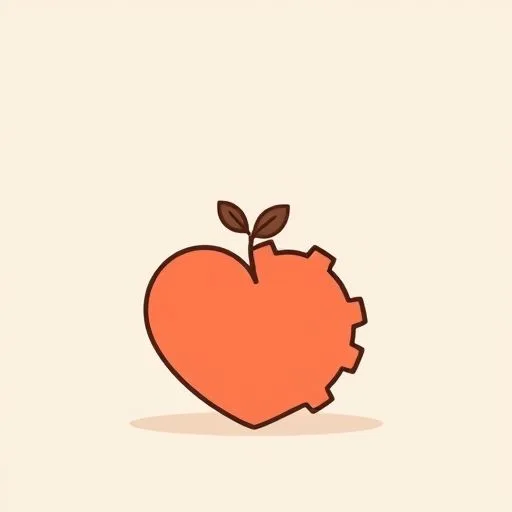
After weeks of research and playground philosophizing about human-AI balance, here’s our working creed:
- Tools don’t replace hearts – they extend them
- Curiosity beats curriculum every time
- The best ‘job insurance’ is practiced human connection
Tonight, as we tinker with her broken music box – gears spread across the table, tiny tools in smaller hands – I’m struck by our primal need to understand, fix, and improve. No AI can replicate the triumphant squeal when springs snap into place and music suddenly fills the room.
Key Takeaways for Busy Parents
- Cultivate Curiosity: Turn everyday moments into “why” and “how” explorations about people’s feelings and motivations
- Practice Emotional Connection: Role-play different perspectives during playtime to build empathy muscles
- Celebrate Hands-On Problem Solving: Frame failures as detective work opportunities where human creativity shines
Source: AI is coming for these jobs next, but experts say others are surprisingly safe – is yours’s protected, The Economic Times, 2025-09-22
